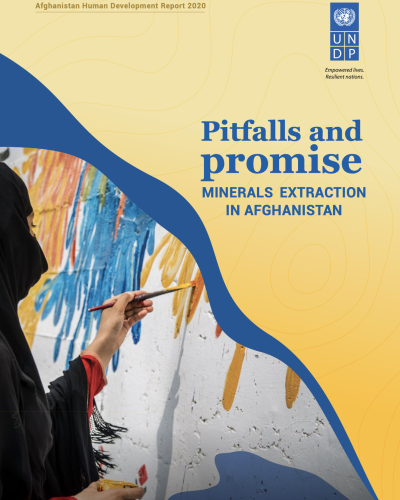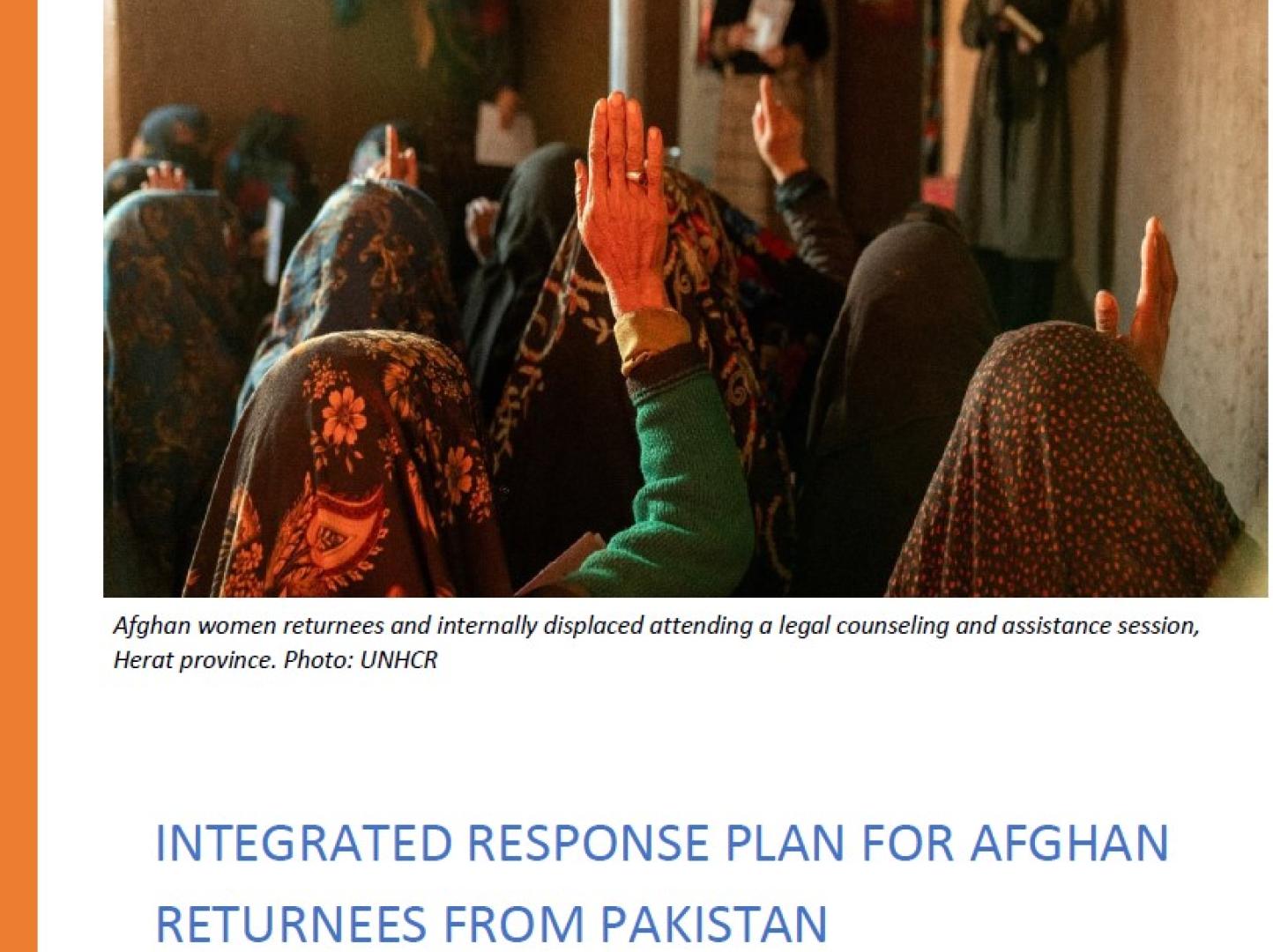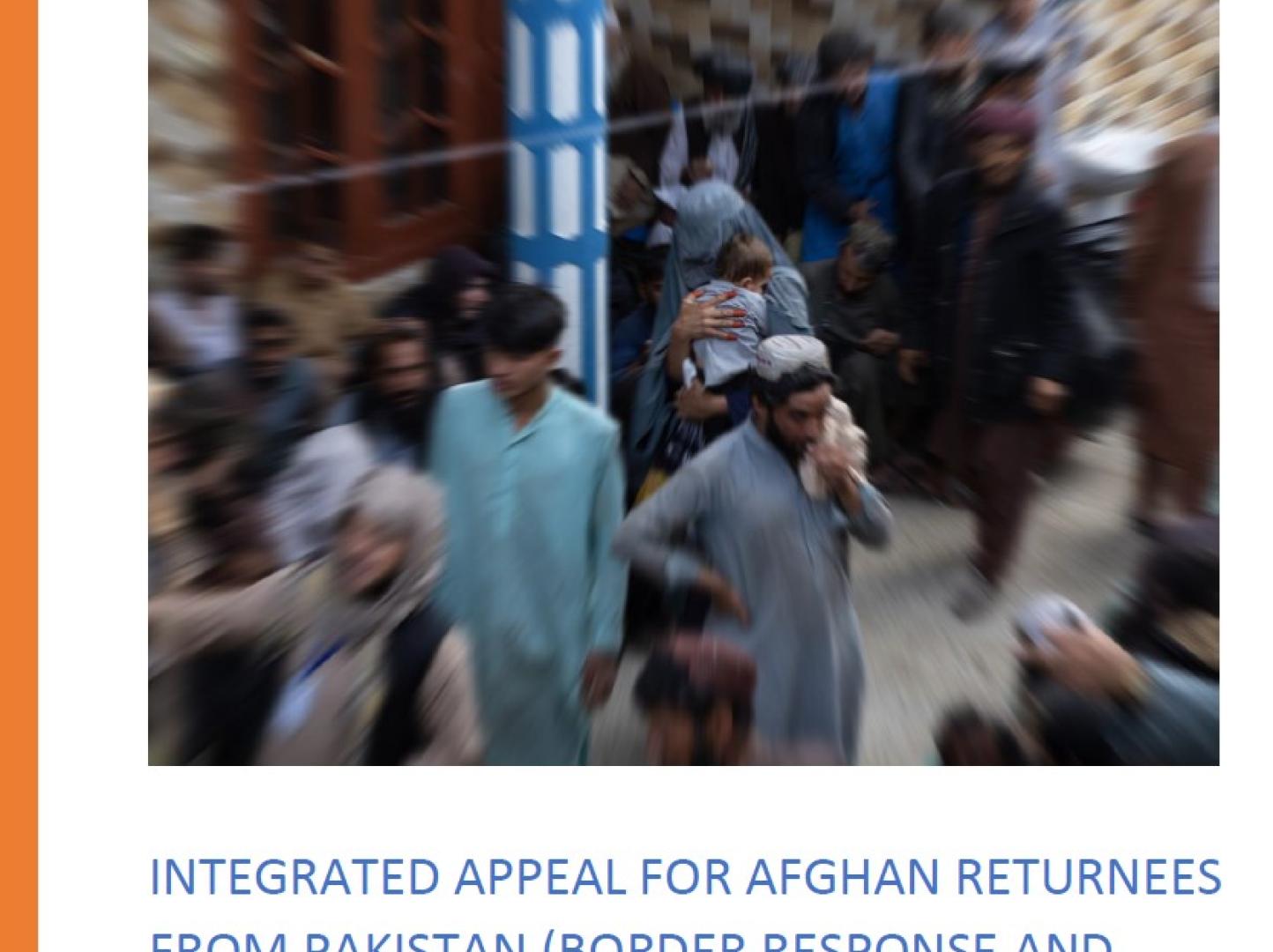Afghanistan Human Development Report 2020

Foreword
Despite the huge challenges and decades of protracted conflict, Afghanistan has made a great deal of progress since 2002. Supported by international community, the country has come a long way. It has adapted one of the most democratic constitutions in the region, built government institutions and major infrastructure, and held several presidential and parliamentary elections.
However, the progress has not been without setbacks, and the country still faces major challenges. Security has deteriorated, corruption and weak institutions have been major obstacles for development of the country. Majority of citizens live in or below poverty line. The country is languishing at the bottom of international ranking by the human development index and the prospects for better life for Afghans look dim.
Faced with the decline in international assistance, much hope is placed on advancing economic development through tapping into the mineral riches of Afghanistan. The development of mineral deposits, oil and gas fields can provide much-needed funding for the development of the country.
However, the experiences of many resource-rich countries, even under the best circumstances, show that a ‘resource curse’ can afflict the country’s economy, its political and governance institutions and can exacerbate pre-existing conflicts.
This report explores how can the extractive industry be used to advance human development in Afghanistan.
Based on extensive field work and analysis, it provides rich insights into the present situation of Afghanistan’s extractive industry, how it interacts with various dimensions of human development, employment and investment opportunities in the extractive industry value chains, and its fiscal revenue potential. It also offers ways forward through which the government, the public and other stakeholders in Afghanistan can come together, build peace, improve governance and thereby utilize Afghanistan’s natural resources to improve people’s lives.
In Afghanistan, there is an urgent need to improve governance, tackle corruption and put an end to illegal extraction and trade of minerals. Large-scale mineral, oil and gas projects can be instrumental for financing development, but it will require stability and enhanced government capacity to get its due share from these projects and use them well for human development.
The report ends on a positive note - that over time the extractive industry can drive economic growth, create jobs, raise incomes, bring benefits to local communities and boost economic development. But a lot of work remains to unlock the benefits of Afghanistan’s mineral wealth for human development.



















